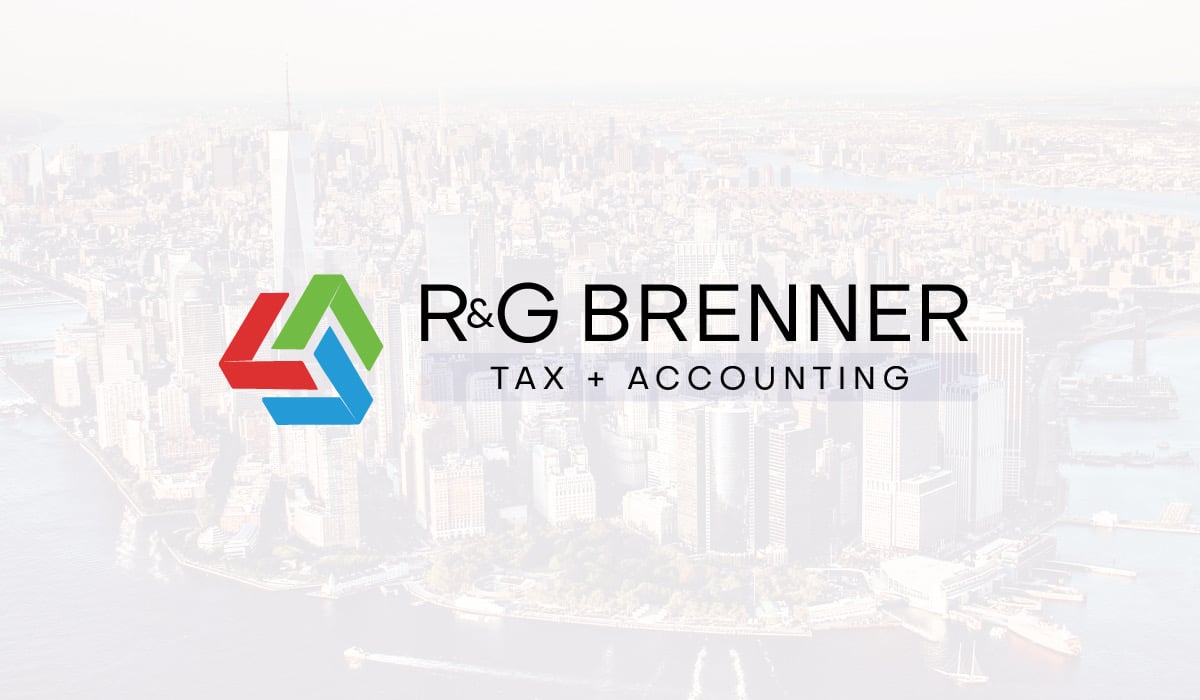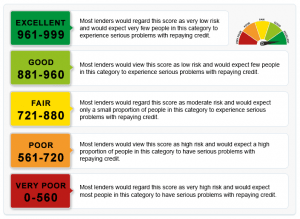

When you are focused on improving your credit, paying on time and avoiding high amounts of debt will help you build a great credit rating. If you are not paying your taxes, or you use personal loans or credit cards to pay your taxes, your tax bill is something that could have a devastating impact on your credit rating. Missing a deadline for tax payments to the IRS could even result in a tax lien. Here are some ways taxes can affect your credit:
What is a Tax Lien?
If you fail to pay your taxes, the IRS can file a federal tax lien with the credit bureaus. This will dramatically impact your credit rating. The IRS usually files a lien if you owe more than $10,000 and you have not paid for at least 30 days. If you end up with a lien from the IRS, you can end up with 100-point hit to your credit rating; enough to take your score from good to poor and significantly affect an individual’s financial history.
IRS Payment Plans
The best way to avoid a tax lien is to pay your taxes on time. If you do fall behind, one option the IRS provides is a payment plan for individuals to pay their taxes. The IRS will automatically debit your account each month until you have paid off the entire balance owed. If you enroll in the payment plan, you can have the lien removed by asking the IRS to take it off your credit report. Payment plans with the IRS will not reflect on your credit rating, but if you are late with payments to the IRS, they can reinstate the lien which will then negatively affect your credit.
Personal Loans
Some people choose to take out a personal loan to pay their back taxes. If you decide to go this route to pay your taxes, keep in mind that you will need to pay interest on the loan which could compound and result in a much higher total owed depending on the interest charged. To be approved for the loan, you must meet the credit requirements of the lender. When they pull your credit report, a failure to pay your taxes will appear on your credit report, which will affect the interest rate at which a loan is extended to you or even prevent you from getting a loan at all. If you are late to make payments, your credit rating will be impacted. Defaulting on the loan, like failing to pay your taxes, will drastically hurt your credit score. That said, the interest from an IRS installment plan may accrue more quickly than the interest on a loan. Carefully consider if using a personal loan to pay your taxes is the best decision, and consult with an R&G Brenner tax professional if you need help deciding what would be right for you.
Credit Card Payments
Another way your tax bill can impact your credit rating is if you use a credit card to pay your taxes. Credit cards come with certain interest rates, which can increase your debt burden. The interest of a credit card can end up causing you to pay more money than you initially owed in taxes. Like a personal loan, missing payments on your credit card can hurt your credit score. Credit cards add to your debt burden, which can hurt your credit rating if you end up borrowing too much. Having a high balance on your credit cards can even prevent you from raising your credit score. If your credit rating is severely impacted, you can have a hard time getting approved for other loans, and it can even hurt your ability to find a job.
R&G Brenner usually suggests taxpayers try to take advantage of payment programs offered by the IRS, before other options as they usually are the most beneficial to the taxpayer. However, it is important to consider all different options available when paying your taxes so taxpayers do not end up unnecessarily struggling with higher amounts of debt.





